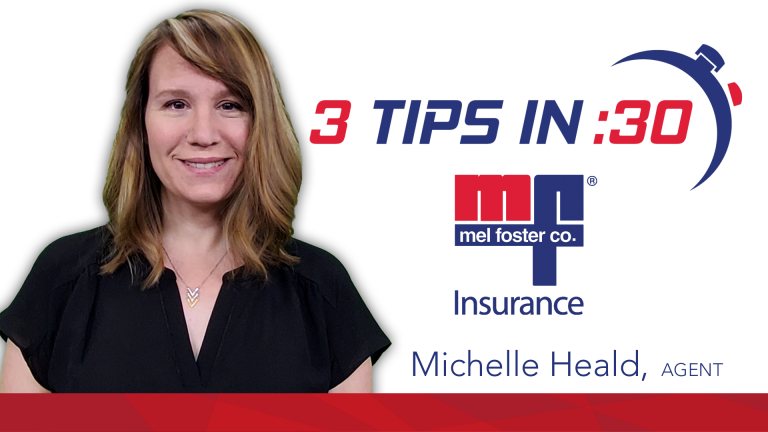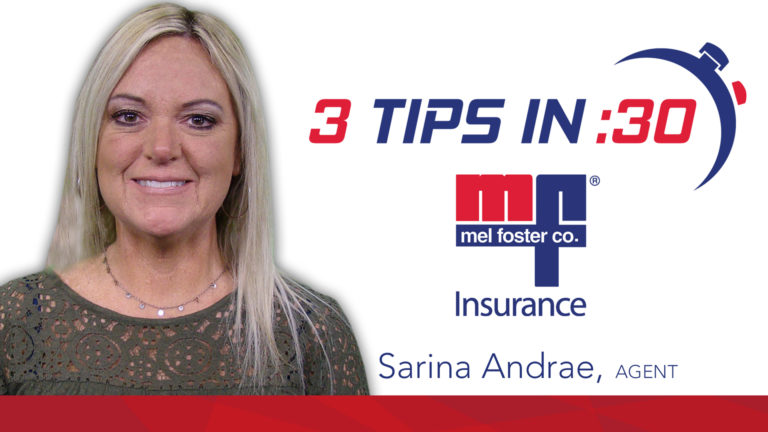Tips for Filing Your Taxes

It’s tax season, and we all can use some tips to make filing easier and that result in more money in our pockets. IRS Offers Free Tax Filing New in 2024, eligible taxpayers can take advantage of a free online…

It’s tax season, and we all can use some tips to make filing easier and that result in more money in our pockets. IRS Offers Free Tax Filing New in 2024, eligible taxpayers can take advantage of a free online…

It’s been a tough month for winter in the Midwest. Companies with employees that work outside need to avoid potentially dangerous injuries or accidents and take these precautionary steps. Find A Reliable Source Make a habit of following a weather…

Identity theft can affect anyone. Some statistics indicate that identity theft occurs every 22 seconds and is three times more common in the U.S. than in other countries. Learn about the types of theft and the steps to help safeguard…

Hear what Jeanette Holland with Mel Foster Insurance has to say about why insurance rates are rising and how to keep your rates lower.

Boating season is upon us, and you’re ready to get out on the water. Each boat owner’s circumstances are unique, so ask a Mel Foster Insurance agent to compare options from several national companies to find you the best policy…



Boating season is upon us, and you’re ready to get out on the water. Each boat owner’s circumstances are unique, so ask a Mel Foster Insurance agent to compare options from several national companies to find you the best policy…


Your car needs spring maintenance just like your house does. As we ease out of a tough Midwest winter season, your vehicle could use some tender love and care. Consider maintenance steps to ensure your wheels are ready to roll…